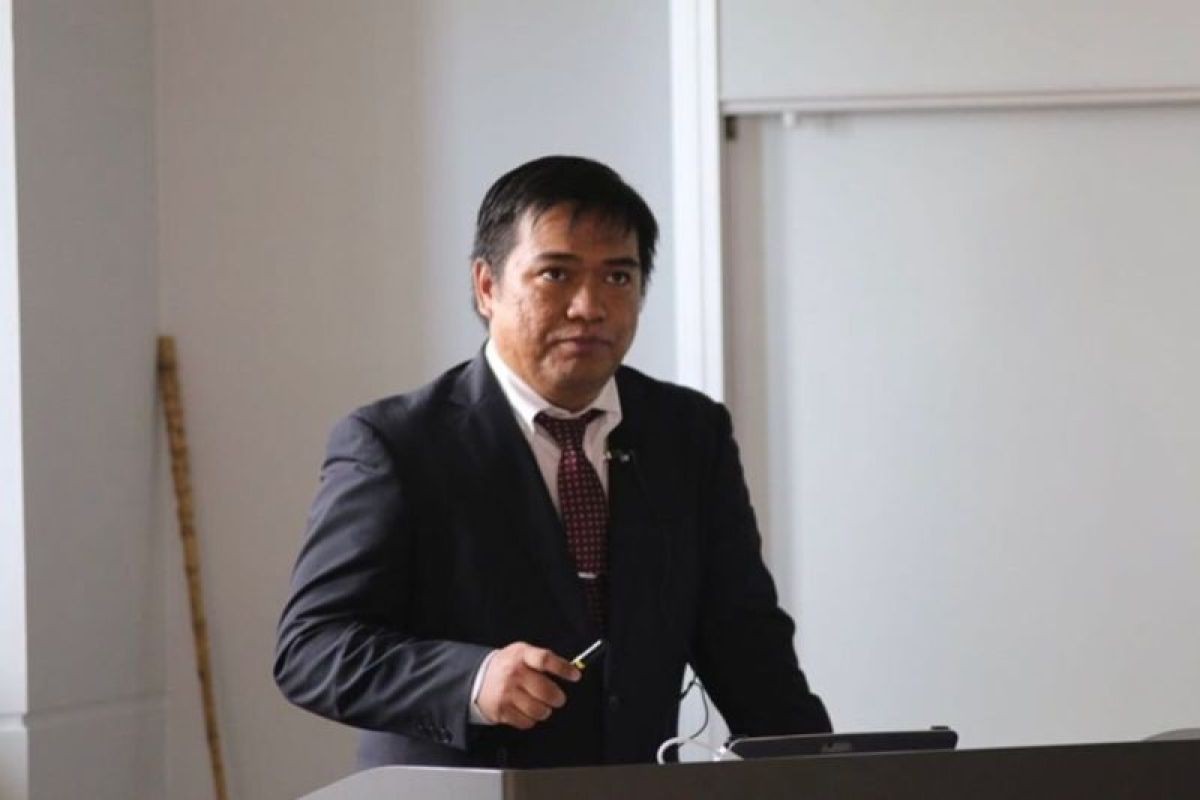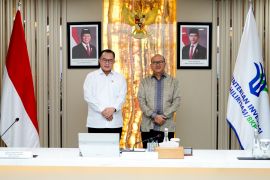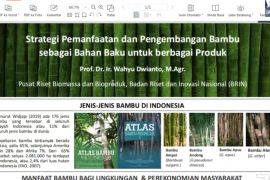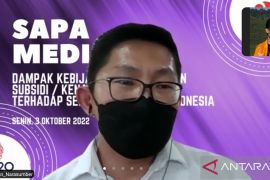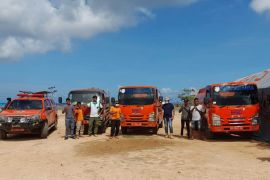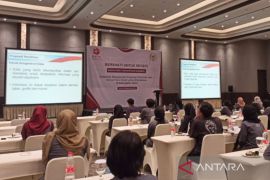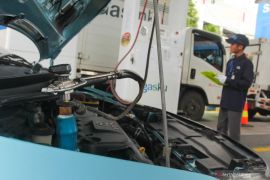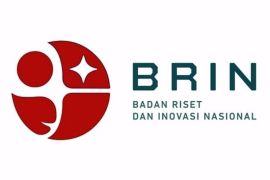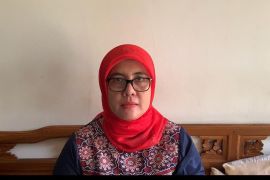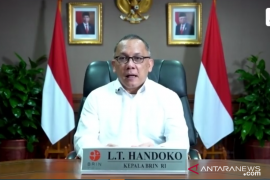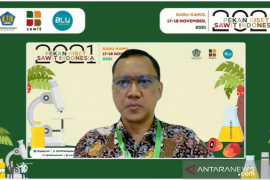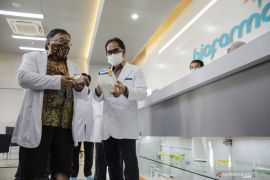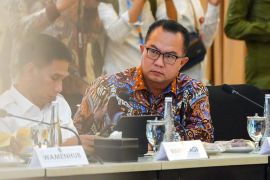Vaccine Development Researcher at the Vaccine and Drug Research Center of Health Research Organization of BRIN, Doddy Irawan Setyo Utomo, said the vaccine development is planned to use the virus-like particle (VLP) method which can trigger the formation of antibodies.
"This virus-like particle does not have genetic material in it, so it is not radical like the original virus which is infectious," said Utomo when contacted in Jakarta on Sunday.
He said these particles can display epitopes (antigenic molecules) from four types of dengue virus serotypes, which is DENV-1, DENV-2, DENV-3 and DENV-4, all at once.
Therefore the four serotypes can be simultaneously recognized by the body in one virus-like particle contained in the vaccine.
Utomo said the method used for developing the dengue vaccine in Indonesia was different from
Dengvaxia and Qdenga. These two vaccines which have already been in circulation use virus weakening methods.
According to him, through the VLP method, the effectiveness of the vaccine developed by Indonesia can reach 90-95 percent.
"By using VLP, we are hopefully able to enhance its effectiveness to 90-95 percent," he said.
Utomo said the vaccine development process itself can take 5-10 years. This is because the manufacturing process must go through clinical trials, safety, regulatory approval, and a mass production process.
He said that after the vaccine was successfully produced, the public was expected to be able to receive it for free.
"When it comes to the public the price can be cheaper or even free," he said.
Related news: Health Ministry checks DBD prevention program's efficacy
Related news: Health Ministry confirms decline in dengue fever cases in Indonesia
Translator: Ahmad Muzdaffar Fauzan, Cindy Frishanti Octavia
Editor: Rahmad Nasution
Copyright © ANTARA 2023
